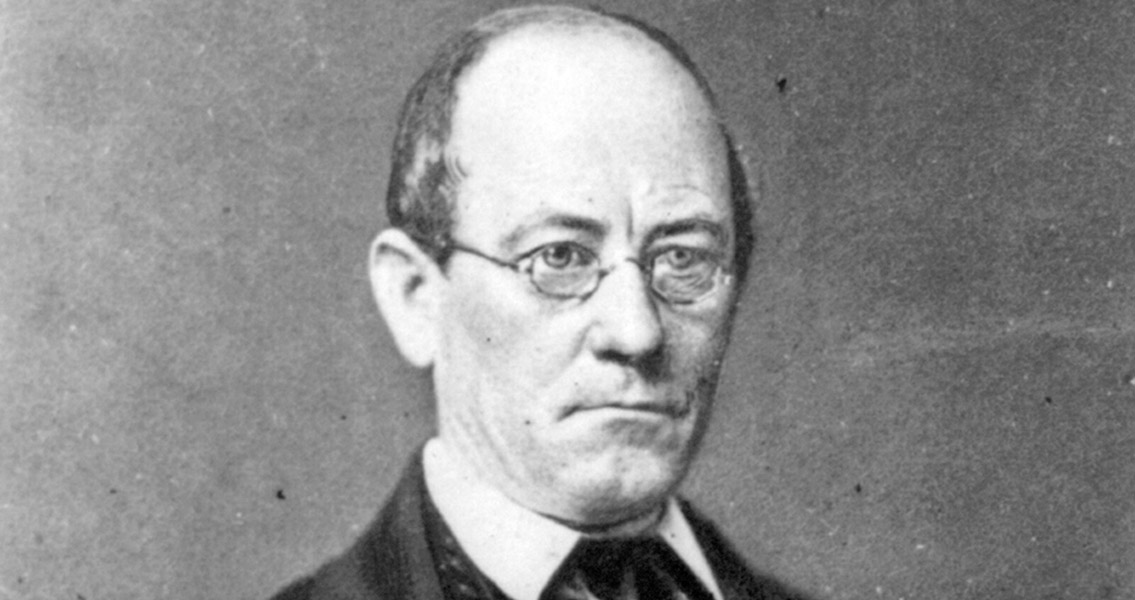<![CDATA[Three years into the American Civil War, the city of Richmond, Virginia, was starving. The war which divided the United States was lasting longer than the Confederate leadership had anticipated, and the strain was starting to show on the South's economy. On 2nd April 1863, the situation exploded in the Richmond Bread Riots. Union forces had captured coastal trade ports, tightening their grasp over supplies entering the southern states. The Confederacy's Congress had passed an Impressment Act, allowing the government to take food, fuel and other resources to aid its ailing war effort. It was a law which triggered a spate of hoarding, speculating and stealing as citizens tried to ensure they had enough goods to survive, while merchants took advantage of the situation; upping prices to benefit from the increase in value of crucial resources. Prices for staples such as bacon and flour had risen by a factor of ten since 1963, while wages had remained largely static. The situation was particularly bad in the over populated cities, and at its worst in Richmond, the Confederate capital in a precarious, land locked location which made its supply lines even more stretched. The Confederacy's civilian population was close to breaking point, and minor disturbances had already taken place in several cities. Confederate President Jefferson Davis then asked the South's population to take the 27th March as a day of fasting and prayer for the Confederate cause. It was a request which seemed to reveal total ignorance of the plight of the population, asking the starving to go without food. It inevitably triggered a backlash. On 1st April a group of working women held a meeting in one of Richmond's baptist churches to discuss holding a demonstration in protest at the rising price of food in the city. The group was angry, and agreed to meet the next day outside the Capitol building to stage their protest. At 9am on 2nd April the women gathered outside the Capitol building, demanding to see governor John Letcher to issue their demands for bread and justice in Richmond. An aide told the impassioned women that Letcher was too busy to listen to their pleas, a move which proved the final straw. The women continued to loiter around the Capitol building, insisting Letcher make an appearance. Soon, others started to join the group of women and their numbers swelled into the hundreds, some sources say into the thousands. Some accounts suggest that Letcher eventually came to speak to the women, others that he never did. Either way, the result was the same; the women were unimpressed with his response. Setting off for the city's business district, the size of the mob continued to grow as it passed through the city. Unable to have their needs met by the city's authorities, the protesters decided to seize what they needed. The mob started attacking government warehouses, shops and other businesses, stealing food, clothing and wagons as well as various luxury goods such as jewelry. Some shop owners attempted to defend their property, others watched on helplessly. A riot had descended over the Confederate capital. Letcher and Davis himself soon arrived on the scene and attempted to persuade the crowd to disperse, Davis going as far as to offer them his last loaf of bread. The attempt proved fruitless. Soon, an artillery unit was deployed in the city, and the riot act was read, warning the rioters that unless they dispersed, the troops would open fire. Tension was high, but the rioters eventually left, heading home with the food and other items they had looted. Nevertheless, the event highlighted the precarious state of the Confederacy, with the seemingly very real possibility that troops would be forced to fire on civilians. Around sixty men and women were arrested for their role in the riot, while a greater military presence started to appear in Confederate cities in the hope of preventing a repeat. Although city officials attempted to alleviate the food shortages and escalating prices with special, heavily discounted markets for the poorest in society, other disturbances and riots took place in cities elsewhere in the Confederacy. Far from the battlefield, the Richmond Bread Riot showed the heavy price the American Civil War was having on the South.]]>
Strain of US Civil War Ignites Richmond Bread Riot
